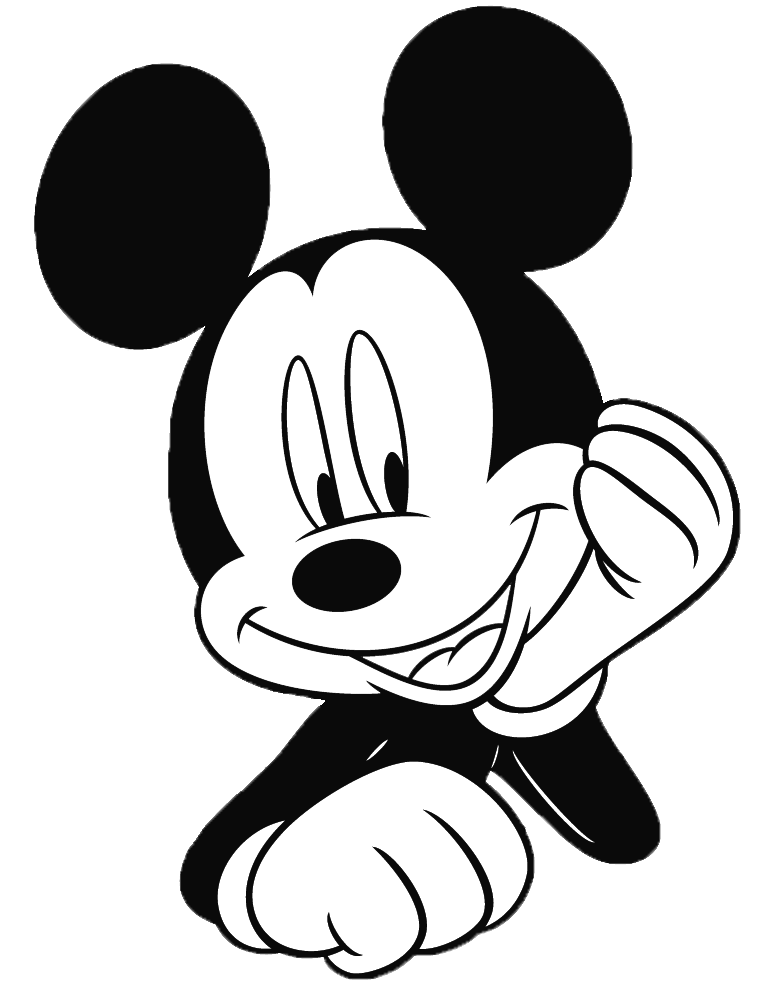COURTESY OF DISNEY CLIPS/ GOLDEN GATE XPRESS
Disney is well on its way to becoming a monopoly following the March 19 acquisition of 21st Century Fox and the 20th Century Fox movie studio for $71.3 billion.
The major media conglomerate has been trying to obtain 20th Century Fox for a couple of years now, and with the purchase, Disney will control more than 35 percent of the market share, more than any media group to date.
On Nov. 6, 2017, CNBC announced Disney was in communications with Rupert Murdoch to acquire 21st Century Fox’s entertainment studio. At the time, Comcast, the parent company of Universal, wanted to get in on the deal, offering $65 billion and creating a brief bidding war.
To put Disney’s growing media monopoly into perspective, once upon a time there were the big six: Disney, Warner Bros, Universal, Sony/Columbia, 20th Century Fox and Paramount. With Disney’s recent purchase of 20th Century Fox, it’s now become the big five.
Collectively, the latter four media groups own 46 percent of the market share and smaller studios with less than one percent of market share each combine to make up the rest of the industry.
Disney might not be a dictionary definition of a monopoly since it doesn’t control the entire media industry, but let’s not forget that Carnegie’s steel company and Rockefeller’s oil company didn’t control the market overnight, they did it through strategic acquisitions over time. Unless the remaining four media groups collaborate in some way, Disney’s empire will have no competition.
The consequences of this merger have been discussed since the deal’s initial proposition in 2017.
At that time, Disney had already turned into an empire through the purchase of Star Wars and Marvel in addition to its famous animation studios Pixar and Walt Disney. In 2018, Disney recorded the second-highest profits in history, bringing in $7.3 billion—falling behind only its own 2016 record, according to Variety. Disney’s film industry domination is irrefutable, and with Fox it has become an unconquerable powerhouse.
One of the greatest concerns brought on by monopolies is their capability to set prices based on their own profit desires, and in a capitalist economy that desire has no ceiling.
Another major concern is that a corporation can strong-arm other companies into withholding superior products, as was the case with Microsoft in 1998. Microsoft became a monopoly and was forced to share its information publicly so competitors could create new products based on the Windows operating system in efforts to compete.
Disney’s acquisition of Fox marks its first major bid to compete in the streaming wars and a new age of entertainment. Studios can no longer rely on annual blockbusters to garner safe margins of profits. Traditionally, economic battles have been a positive influence on economies, and greatly beneficial for consumers. The wars challenge corporations to produce better material at more competitive prices. But wars don’t go on forever, and ultimately there will be a victor.
This latest acquisition signals the first major attempt by Disney to step up to streaming conglomerates like Netflix who pursue quantity over quality content. And if Disney’s current track record is anything to go by, Netflix has some terrifying competition closing in.










